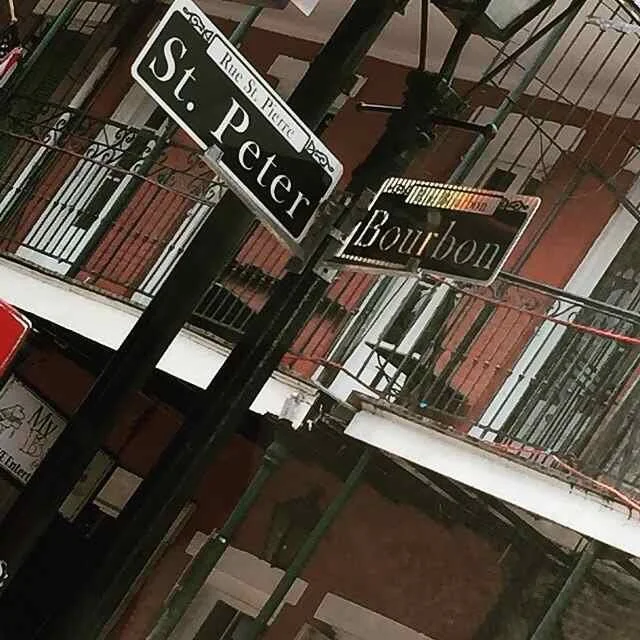By Rethabile Masilo
She sat on the curb and stretched her legs out
and waited for some car to come;
in far nights when her husband coughed, the walls
of their shack got everyone up when they shook,
she wanted to be the one to stand against
the TB he had contracted underground
while looking for stones for the nice lady,
during the days of shackles, blue coal and glass
from the earth, gold for the queen’s chandelier
and diamonds for pink fingers. This is what
the police knew of her. She gripped the edge
of the ledge behind her as a car approached,
and pushed herself in again, her heart certain
that it must know, now, what this felt like.
The cool cement and tar received her body
as the motor-car drew near, and calmed any fear
she might have felt. The lights of Johannesburg
blinked in the distance, but a part of her
didn’t care anymore, the thought that this was war.
She stretched more into the light-filtered tarmac
till only the tips of her fingers were touching
the curb, and the rest of her body lay in wait. Any
car with a decent weight would definitely do.
Should she shut her eyes? But the thought
had scarcely crossed her mind than the car
crushed every one of her hopes, passing inches
from her feet and turning into a driveway,
as she lay there trembling at why she was alive.
The lights of Johannesburg blinked at her.
Rethabile Masilo
Book: Waslap
Publisher: Onslaught, 2015
The Importance of Arts, Culture & The Creative Process
As far as I'm concerned, art is inseparable from life. It goes back to the first cave person to leave a hand on the grotto wall, and later rather realistic fauna. Every culture produces art for this reason, the same way every culture breathes, and every culture has religion.
What was the inspiration for your creative work?
I grew up in Lesotho in the 70s and 80s, at the height of Apartheid in neighbouring South Africa. As a poet, racism and misogyny always bubble up to the top.














































































